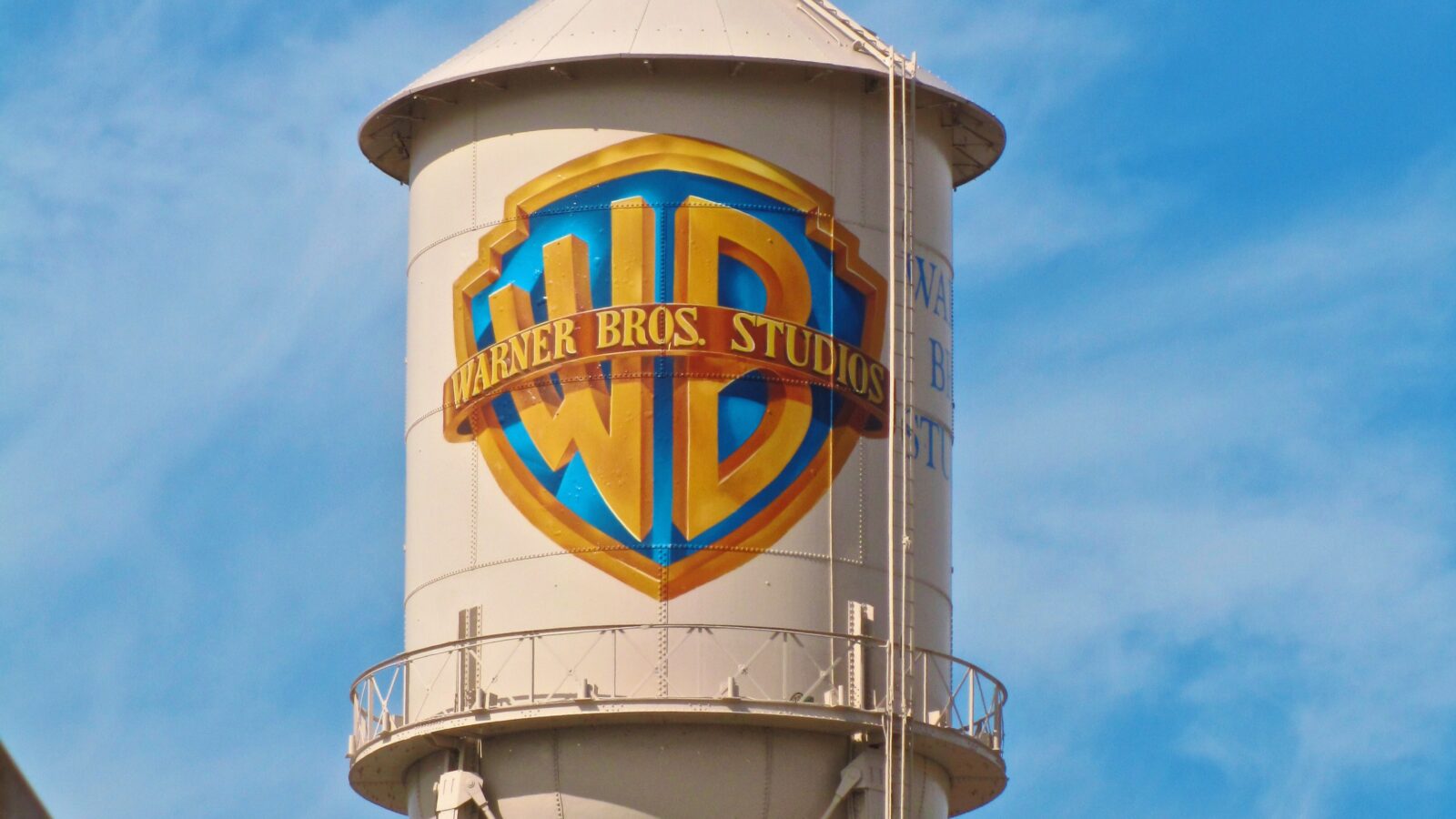
Sign up for smart news, insights, and analysis on the biggest financial stories of the day.
Just when they thought it was safe to go back into production…
One of Hollywood’s major unions — representing 60,000 camera operators, set builders, hair stylists and other essential production workers — will vote today on whether to authorize a strike. If they walk out, it will paralyze production at TV, movie, and streaming studios that are still recovering from Covid-19 shutdowns.
A Sequel No One Wants to See
Hollywood crew members haven’t gone on strike since 1945, when labor strife culminated in the infamous bloody riot between set decorators and Warner Brothers security now known as “Hollywood Black Friday.”
But a sequel is now in looming, after negotiations between the International Alliance of Theatrical Stage Employees and the Alliance of Motion Picture and Television Producers reached a spaghetti Western-style standoff last week:
- The crew union wants more rest time for staff and raises for its lowest-paid members, who make $15 an hour. It also wants more revenue from streaming services, which are allowed to pay lower wages and skip out on pension contributions, unlike traditional studios.
- The Alliance, which includes Netflix and Apple alongside the old studios, counters that it has offered a $400-million package to close pension and health-plan deficits.
A Time to Chill: Studios have plenty of incentive to work things out. The global film and TV industry is set to lose $160 billion in growth over the next five years because of the pandemic, according to research firm Ampere Analysis. Shutdowns also saw production volume fall 7% last year — the first decline in a decade — while box office returns plummeted 80%. Meanwhile, Netflix and Disney have said a lack of new content has depressed streaming subscriber numbers.
No Rerun: Both sides still have painful memories of 2008, when Hollywood writers spent 100 days on the picket lines. It cost the industry $2 billion, according to the Milken Institute. That might not be a lot of money to, say, Tony Stark, but that’s why he’s an arms manufacturer (and also not a real person).











